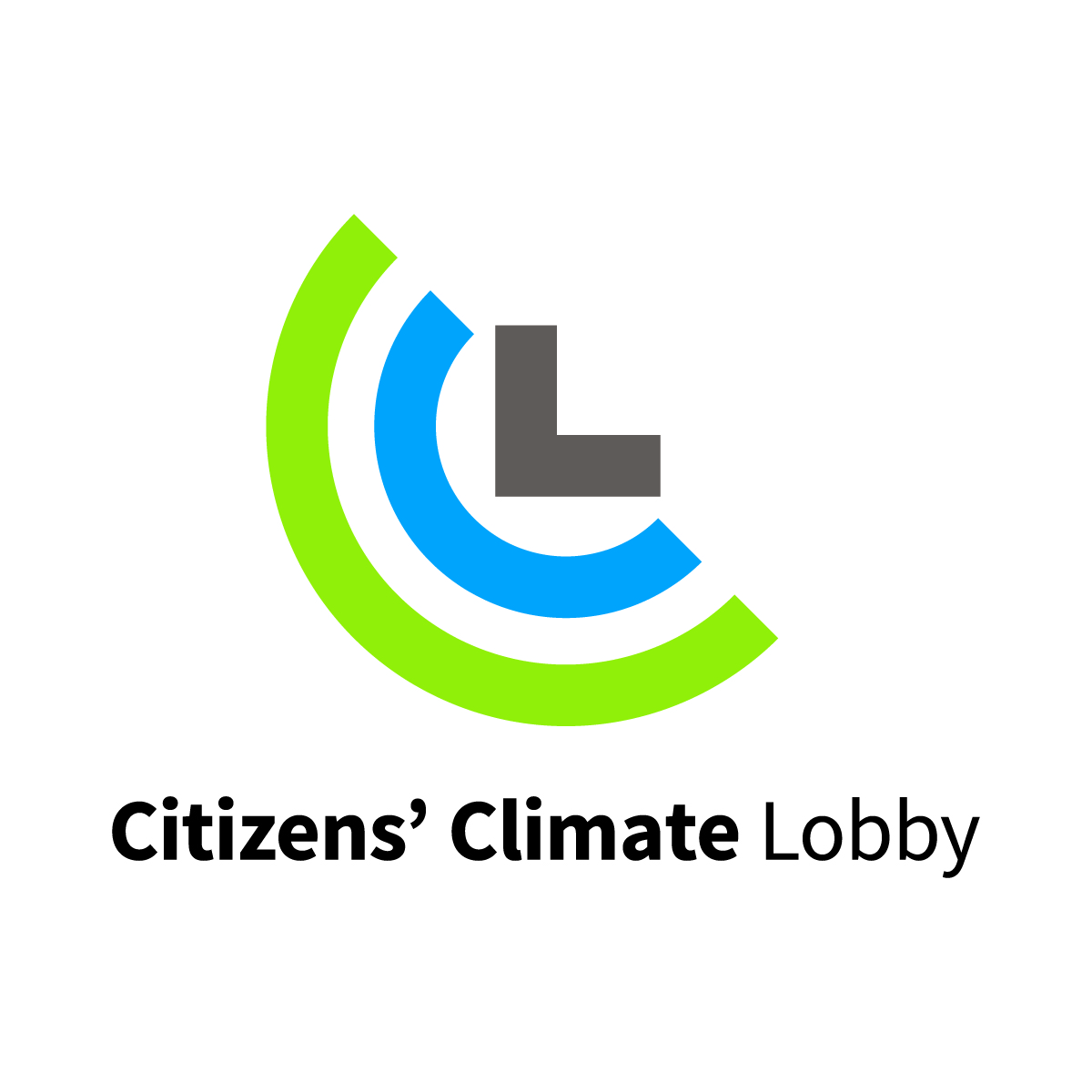The following was published in the Marin IJ
By Ray Welch January 11, 2019
Legislation would cut
carbon emissions 40%
I appreciate Steve Ziman’s respectful contribution to the discussion on climate action (Readers’ Forum, Jan. 4).
I’d urge him to look at the bipartisan Energy Innovation and Carbon Dividend Act (S.3791/HR.7173) sponsored by both Republicans and Democrats, that Congress is considering right now. It addresses all his concerns.
First, the legislation doesn’t propose a tax, but a fee. Fossil fuel companies would buy pollution permits for every unit of oil, natural gas and coal they extract or import. The Treasury Department would not keep this money. Instead, 100 percent of it would be divided into equal shares and returned by check or direct deposit to every household in America, somewhat like Social Security.
Second, it is very much a market solution. The fossil fuel companies would choose how much of their fee payments to recover in their sales prices. The consumer would then choose which products to buy: higher-priced, high-carbon ones, or lower-priced, low-carbon ones. For low-carbon consumers, their monthly check from the Treasury Department would exceed their total monthly cost increases. In this way, they would earn money for reducing pollution.
Third, the program would indeed reduce global carbon emissions. It imposes a tariff on the carbon content of imports from countries that lack a carbon price. Since America is the world’s largest consumer market, China and others would try to avoid that tariff by instituting their own carbon price and reducing the carbon content of their exports.
Fourth, America’s industry would be advantaged, not disadvantaged. Some of the tariff proceeds would be rebated to our own export industries to offset their carbon costs and keep them competitive overseas.
It’s estimated that carbon emissions would be reduced by 40 percent within 12 years, with further reductions after that.
— Ray Welch, Marinwood
